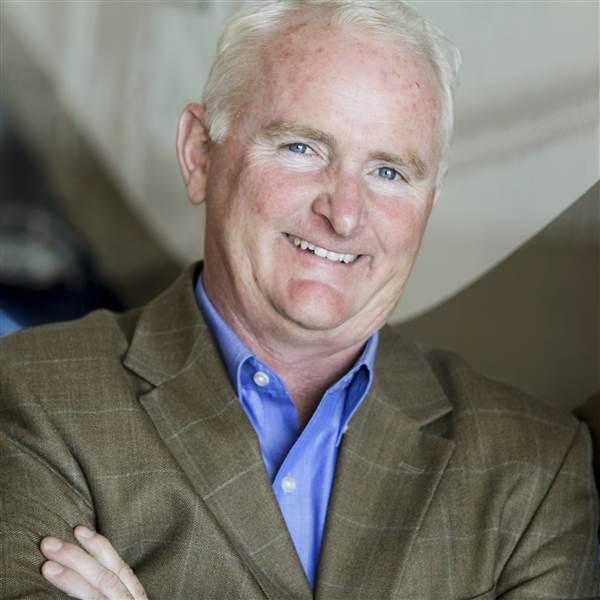President's Position: Tricks of the trade
Many rewarding careers don’t require a college diploma
Although the question is timeless, its answers have changed significantly in the past few decades. Career day in my childhood mostly consisted of police officers, doctors, and astronauts. But today Generation Z is trading the spacesuit for action cameras, as recent surveys suggest being a YouTube star is one of the most highly sought professions among kids in the United States and United Kingdom.
Achieving social media influencer status and becoming an overnight online sensation may be unlikely for most, but other interesting, rewarding jobs are out there—many of which don’t require a college degree, rather a specific skill set or trade.
From adolescence on, many of us have played into the social construct that having a college diploma is the only means to success. And a degree opens doors to many rewarding careers. However, analysts have predicted 3 million job vacancies for skilled trades by 2028, meaning there is no better time to learn a skill set. From jobs in construction to manufacturing or maintenance, opportunities exist everywhere. In our own world, aviation maintenance and avionics technicians are in high demand.
All facets of our aviation ecosystem depend on effective training and personnel with trade skills, such as airframe and powerplant mechanics.A recent fuel stop down South got me talking with some local pilots who said they practically have to beg the mechanic on the field to work on their aircraft or they’re left grounded. It’s becoming more apparent that with baby boomers hitting retirement age, new blood is needed and needed quickly. Boeing’s research backs that up, with its 2019 Pilot and Technician Outlook stating that the world needs more than 750,000 new maintenance technicians over the next 20 years to maintain the global fleet.
All facets of our aviation ecosystem depend on effective training and personnel with trade skills, such as airframe and powerplant mechanics. Unfortunately, vocational arts have all but vanished in high schools and counselors often push college over trade schools, marginalizing these critical professions. It’s not helpful that Hollywood does a terrible job of portraying tradespeople as the stereotypical overweight, greasy laborer—despite the fact that many taking up these fields end up working in pristine environments and using high-tech tools and techniques to build and service equipment of all types for great wages, predictable hours, and good benefits.
The good news is that together, the industry and Congress are making strides in closing the skills gap. The passage of the bipartisan 2018 FAA reauthorization act included positive provisions such as the aviation technical workforce grant program, which creates scholarships, apprenticeships, new training programs, purchasing of equipment for schools, and supporting career transition for members of the armed forces. Last year, I was able to testify before Congress in support of this crucial program, which has since received full funding.
Additionally, I am very optimistic about a proposal in Congress to establish a National Center for the Advancement of Aviation (NCAA), spearheaded by Sens. James Inhofe (R-Okla.), Tammy Duckworth (D-Ill.), and others. The NCAA would bring together all sectors of aviation—general, business, commercial, and military—to address STEM aviation education for high schoolers across the country; coordinate job training programs for technicians and aviation mechanics; facilitate apprenticeships; conduct safety and economic data analysis; and act as a repository for aviation research. It is a bipartisan proposal that should get the support of the entire aviation industry, labor, military, and veterans.
I believe this proposal is long overdue and will help our aviation industry meet short and long-term workforce challenges. The NCAA will foster much-needed coordination and collaboration amongst our industry and other engaged partners, help maintain our global leadership in aviation, and prepare the next generation of aviation workers.
The world may not need thousands of social media stars, but it will always need mechanics, plumbers, welders, and electricians. Work ethic, jobs that can’t be outsourced, and knowledge of a particular skill set will never be taken for granted. Let’s work together to support efforts to close the skills gap. After all, trades have long been the backbone of American society, and I don’t see that changing anytime soon.
Email [email protected]



